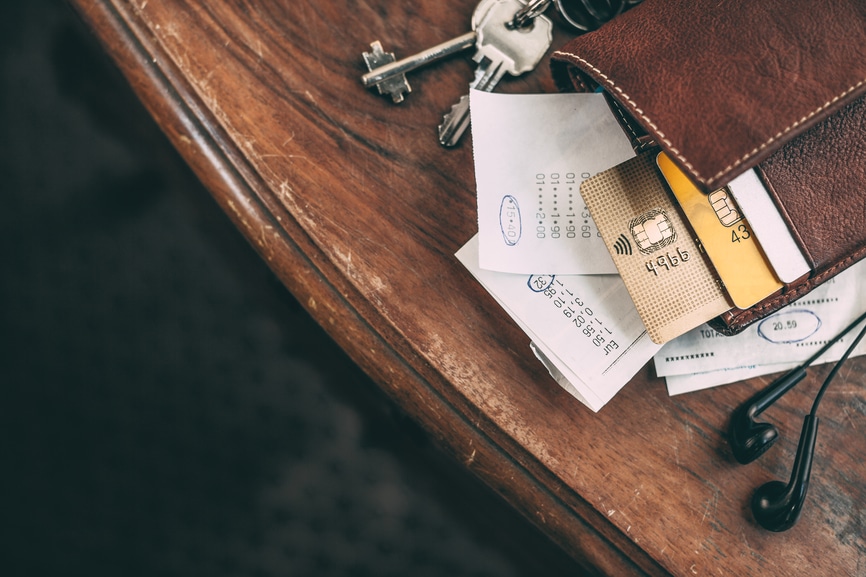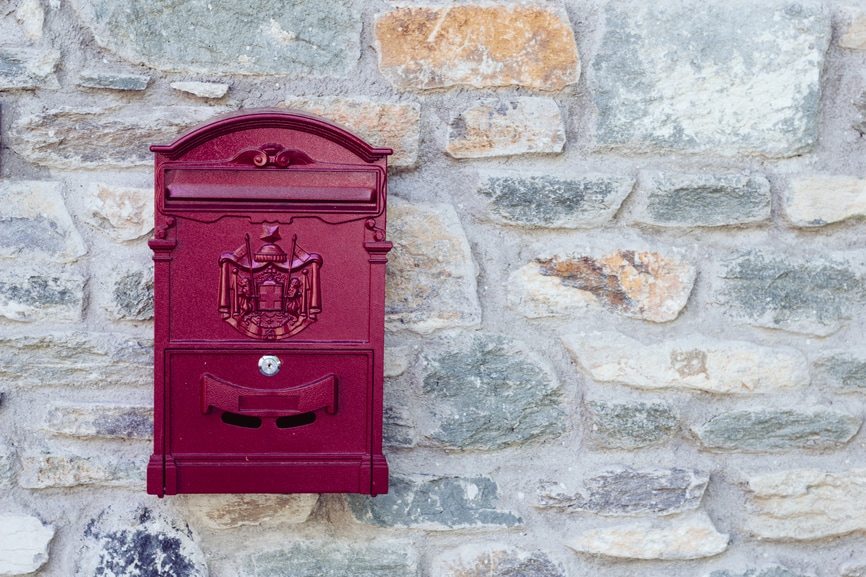10 Steps to Avoiding Tax-Return Identity Theft
Someone who steals your identity for tax purposes is probably not intending to pay your back taxes for you. He or she is after your tax refund. Make sure your refund ends up in your hands and not that of a thief by practicing a few simple habits that can protect your personal information.
The One Big Beautiful Bill that passed includes permanently extending tax cuts from the Tax Cuts and Jobs Act, including increasing the cap on the amount of state and local or sales tax and property tax (SALT) that you can deduct, makes cuts to energy credits passed under the Inflation Reduction Act, makes changes to taxes on tips and overtime for certain workers, reforms Medicaid, increases the Debt ceiling, and reforms Pell Grants and student loans. Updates to this article are in process. Check our One Big Beautiful Bill article for more information.

Key Takeaways
- Choose a strong, unique password for each financial site you use and change passwords regularly.
- Use security software updates, a firewall, anti-spam and anti-virus software.
- Be wary of providing personal information over the phone or through the mail.
- Shred documents containing financial information and get a locking mailbox to prevent identity theft.
- Be suspicious of official-looking emails that seem to come from the IRS or your bank.
1. Leave your Social Security card home
Tax-return identity theft almost always involves a stolen Social Security number (SSN), since the IRS and state tax authorities use these numbers to identify taxpayers.
- The thief uses your stolen SSN to file a fraudulent tax return early in tax season—before you're likely to file—and then pockets the refund.
To prevent identity theft, leave your Social Security card at home in a safe place and don’t carry any document that has your SSN on it.
2. Keep your SSN private

Since protecting your SSN is critical, keep it private. Provide your SSN to others only when absolutely necessary—don’t give it out just because a business asks for it or over email. Also, check your Social Security Administration earnings statement annually to make sure all your information is accurate.
3. Make your passwords work for you

You don't have to be tech-savvy to protect your accounts from hackers. Start by choosing a strong, unique password for each financial site you use, such as online banking or brokerage accounts. Don't have your computer automatically save passwords, especially on work computers, and change passwords regularly.
4. Protect against computer spam and viruses

Take advantage of the security software updates your operating system offers and make it a habit to use a firewall and anti-spam and anti-virus software. Before you donate or recycle an old computer, consider using a data-wipe program to make sure nobody can recover your hard drive data. Alternatively, remove the hard drive and have it professionally destroyed.
5. Keep financial information private

Thieves who can't hack into your computer for your financial information may try to get your information in other ways. Be wary of providing personal information over the phone or through the mail. Unless you have initiated the contact or you are sure you know the person you're talking to, it's better just to say no.
TurboTax Tip:
Protect your Social Security Number (SSN) by not carrying documents with it, not giving it out unless absolutely necessary, and checking your Social Security Administration earnings statement annually.
6. Beware of phishing

Phishing is a term for online scams that use official-looking emails that seem to come from the IRS or your bank, but actually are from thieves seeking your SSN, bank account information or passwords. Always be suspicious of this kind of email. The IRS never requests financial or personal information in email communications, and neither do legitimate companies. In addition, the IRS won't call you to tell you that you owe taxes. They will send you a letter.
7. Shred bank and tax documents

Thinking like a thief helps you reduce your risk of identity theft. Consider your tax documents, receipts and bank statements as potential trapdoors that allow entrance into your personal life. If you want to dispose of these financial documents safely, shred them.
8. Reduce credit card solicitations

Even if you aren't interested in that credit card solicitation, a thief might be. He could plan to get a credit card in your name as a first step toward obtaining your SSN. Treat these pieces of junk mail like dangerous documents by:
- shredding credit card solicitations
- getting off the list for pre-approved credit card offers by calling 1-888-5-OPTOUT
- reducing junk mail by changing your preferences at the Direct Marketing website
9. Keep on top of data breaches

With so many data breaches making headlines in recent years, it's more important than ever to safeguard your information and check for fraud. Not every type of stolen personal information will result in tax-related identity theft, but there are things you can do to help prevent becoming another victim including:
- Find out what type of data was taken, if you receive notice of a data breach or computer hack.
- Stay in close contact with the affected company and find out what it's doing to protect you.
- Contact one of the three major credit bureaus to place a "fraud alert" on your credit record.
- Fill out and send IRS Form 14039, Identity Theft Affidavit.
10. Lock up your mailbox

Getting a locking mailbox can prevent someone from checking to see what mail you've received. Since letters may contain private financial information, a locking mailbox can also help to prevent identity theft.
With TurboTax Expert Full Service, a local expert matched to your unique situation will do your taxes for you start to finish. Or, get unlimited help and advice from tax experts while you do your taxes with TurboTax Expert Assist.
And you can file your own taxes with TurboTax Do It Yourself. Easily start your taxes by adding your forms and answering a few simple questions, then we’ll guide you from there. No matter which way you file, we guarantee 100% accuracy and your maximum refund.
Get started now by logging into TurboTax and file with confidence.














